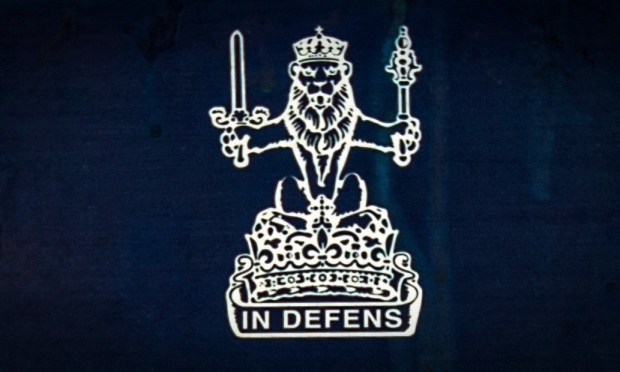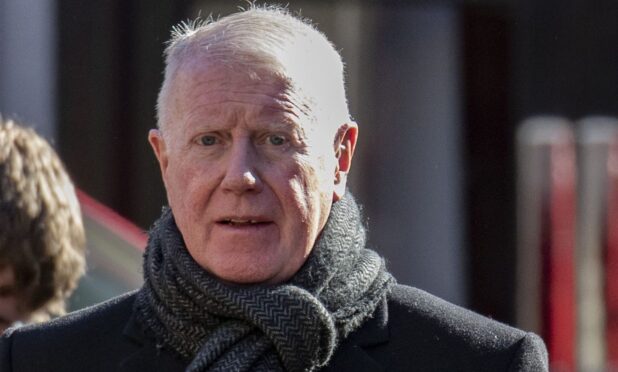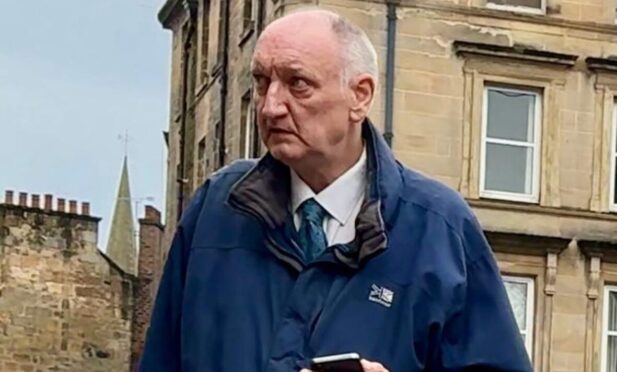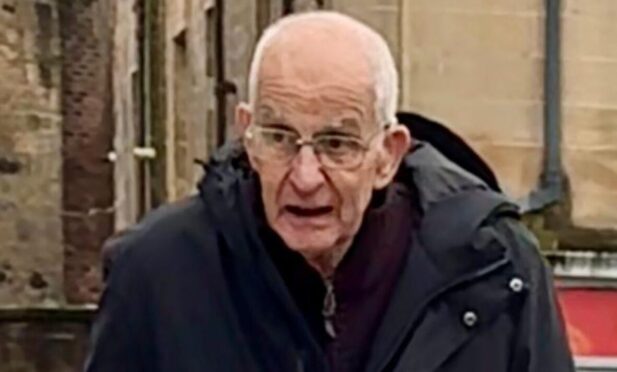A convicted paedophile has lost a Supreme Court challenge over the use in criminal prosecutions of evidence gathered by paedophile hunter groups in covert sting operations.
Yesterday, the UK’s highest court unanimously dismissed an appeal which argued using such evidence was a breach of an individual’s human rights.
It said the interests of children have priority over any interest a paedophile could have in being allowed to engage in criminal conduct.
Mark Sutherland was convicted in August 2018 of attempting to communicate indecently with an older child, and related offences, after evidence collected by a paedophile hunter group was handed to police.
He went to meet someone he thought was a young boy at Partick Station.
He brought a Supreme Court challenge arguing that his right to a private life, enshrined in Article 8 of the European Convention on Human Rights, had been breached.
The court was asked to rule on the issue of whether prosecutions based on evidence gathered in covert sting operations by paedophile hunter groups are compatible with a person’s human rights.
In the ruling, a panel of five justices unanimously dismissed Sutherland’s appeal and said the public prosecutor was entitled to introduce evidence obtained by a “decoy” at his trial to try to secure a conviction.
Announcing the court’s decision, Lord Sales said the court held there was “no interference with the accused’s rights” under Article 8 – which provides the right to a private life and correspondence.
He said: “It is implicit in Article 8 that in order to be protected the activity in question should be capable of respect within the scheme of values which the Convention on Human Rights exists to protect and promote.
“Children have rights under Article 8 as well. Under that provision, the state has a special responsibility to protect children against sexual exploitation by adults.
“This indicates that there is no protection under Article 8 for the communications by the accused in this case.
“The interests of children have priority over any interest a paedophile could have in being allowed to engage in the criminal conduct in issue here.
“Since the state has to deter offences against children in order to protect their rights, the public prosecutor was entitled to introduce the evidence from the decoy at the trial of the accused to try to secure a conviction.”
The court also found that Sutherland had “no reasonable expectation of privacy”.
Lord Sales said: “His communications were sent directly to the decoy. There was no prior relationship between the accused and the decoy from which an expectation of privacy could be said to arise.
“In addition, the accused believed he was communicating with a 13-year-old child, and it was foreseeable that a child of that age might share any worrying communications with an adult.”
Tayside courts have dealt with a number of cases involving so-called vigilante groups in recent years.
Last August, an appeal judge ruled that a Dundee sheriff had erred in law by saying evidence gathered by a group of self-styled paedophile hunters was inadmissible before the case went to trial.
The Crown successfully appealed the ruling in a case which involved members of the Keeping Kids Safe vigilante group who had posed as children to snare alleged offenders.
In another high profile Courier country case, several members of the Wolf Pack UK group were sentenced at Forfar Sheriff Court earlier this year following their arrest during a town incident in August 18.
They had gathered outside the home of an alleged offender, prompting a police operation which lasted several hours and led to a number of arrests. Other gang members were escorted out of the Angus town.
The group’s self-styled ringleader was banned from taking part in vigilante activities for two years and ordered to carry out 200 hours unpaid work, having been slammed by a sheriff over repeatedly failing to comply with the prparation of reports or turn up for court dates.










